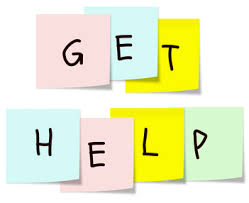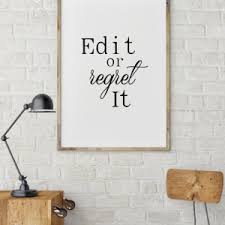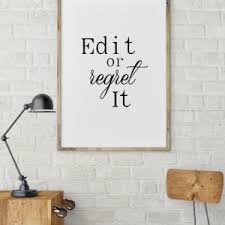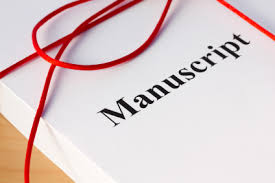If you've ever read any of his books, you'll testify that it's worth. Great writing makes for easy understanding and simplified application. Editing is not only important, but its critical to your writing. Don't have an editor? Contact us. We can help at www.PurposePublishing.com.
To Your Success,
MG








 RSS Feed
RSS Feed
